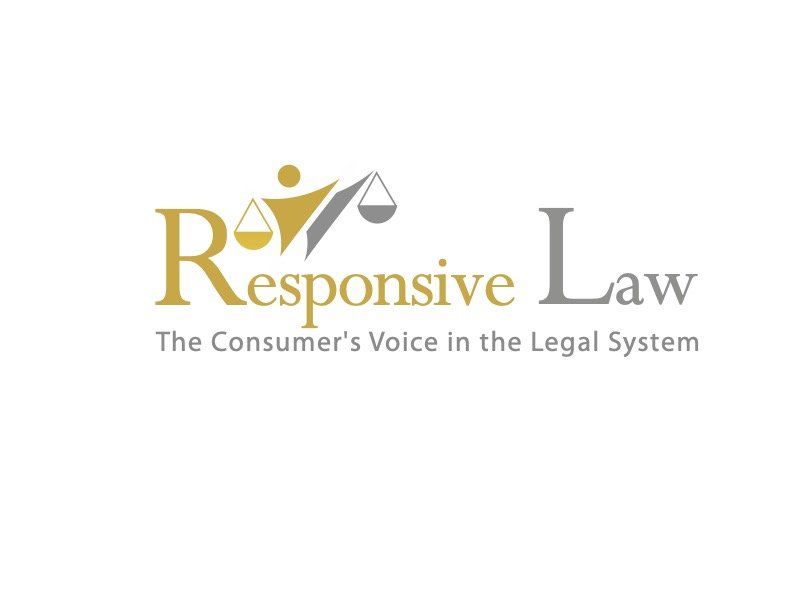Axiom gains ABS licence in Arizona
Vertical integration and convergence

The global legal market continues to evolve with Axiom having acquired an ABS licence in Arizona. This means that they will be able to offer legal services to small and medium sized businesses that do not have a General Counsel. Currently they have a vast array of lawyer talent that is provided as a flexible resource to GCs and law firms. In the US regulatory restrictions on the unauthorised practice of law (UPL) and fee sharing mean that Axiom has been restricted to providing attorney talent that is then supervised by its client’s in house lawyer. Thus, the Arizona ABS allows Axiom to move into providing legal advice rather than lawyers. It opens new markets and opportunities for a business that is over 20 years old and already generating revenue around $500m.
Axiom joins Elevate, who recently gained their Arizona ABS licence, to go alongside their England & Wales ABS. What does this tell us about how the legal market is changing? I think that there are a few things to note (beyond a common adviser to both these great businesses).
First, is that there may be a gradual convergence between the alternative legal market and more traditional law firms. Axiom and Elevate being able to practise law mirrors the capability built by firms like Pinsent Mason (Vario) or Eversheds (Konexo) to provide alternative legal capability. That is not to say that Axiom’s or Elevate’s ABSs are a mirror of law firms, rather their capability is broadening as they move up the value chain.
The ability to practise law for Axiom and Elevate is more than growing businesses offering a new service line. An ABS allows the parent brand to tell GCs that they have a fully regulated option matching traditional panel law firms. GCs who have been cautious about using unregulated providers will be more confident and it will provide opportunities for Axiom and Elevate to develop deeper and broader relationships.
Neville Eisenberg and Richard Susskind published a paper in 2021 about vertical integration, arguing that the horizontal slicing out of low-cost transactional work by alternative providers was not driving innovation. They argue that legal expertise is needed throughout the vertical. It’s a great paper, noting that:
When clients take up services that combine the efficiencies of process and technology, with the assurance of legal expertise, new competitive opportunities will emerge for both law firms and alternative suppliers. For those at the vanguard of change, valuable related opportunities beckon—for the development of deeper and broader client relationships.
They note that regulatory restrictions have hitherto inhibited the alternative providers, at least in the US, and that law firms are well placed to win the competitive battle. I wrote a blog adding my own thoughts in response. My view was that alternative providers were significant, growing and had the opportunity to compete too.
I pointed to the opening up of Arizona and Utah, and pressure for reform in other states, as evidence that the regulatory restrictions could be overstated. And I also highlighted how easy it is to structure US wide legal service delivery for alternative providers without breaching UPL or fee sharing bans. Axiom and Elevate gaining ABS licences are one step towards vertical integration.
Private Equity has been increasing its interest in the legal market. Even in the US there are ways to invest in law firms ethically and that is becoming more common even if usually unreported. Arizona and Utah will bring that further into view as new structures appear. I take the view that PE will become increasingly important: not just the backing it has given firms like Elevate and Axiom but also as a consolidator that uses deep pockets and a growth mentality.
If Eisenberg and Susskind are right about the need for vertical integration (and I think they are) then the market will drive it. No amount of regulatory restrictions will prevent it and in the US State Bars and Courts need to realise that the question in front of them is not if new entrants should be allowed but if they want to regulate these new models and allow law firms more freedom to compete.
What role might the Big Four play in this? They have grown their global legal services offerings in recent years, and all employ substantial numbers of attorneys in the US. The pressure to split out audit has increased and EY’s recent announcement that it is exploring this will send the other three into urgent consideration. What might any of them achieve in the legal market without the restrictions imposed by audit conflict rules? Might they also become buyers of law firms at scale? What price a magic circle/Big Four combination in the next decade?
The competitive pressure from the Big Four might encourage faster combinations of alternative provider and law firm that go beyond that which Axiom and Elevate have started with their ABS? It seems to me that acquisitive companies are bound to be looking for further opportunities to grow quickly. The UK regulatory regime may appear to be a good starting point because it is a better place to do this sort of business, but deeper capital markets and higher valuations make the US very attractive. Certainly, the sheer size of the US domestic market means that any serious combination has to be or become a US player. Axiom and Elevate will no doubt play a role.










